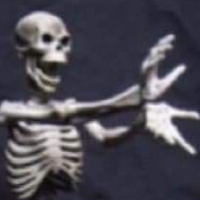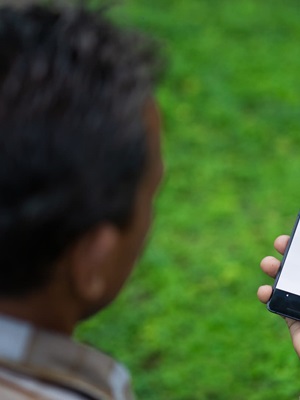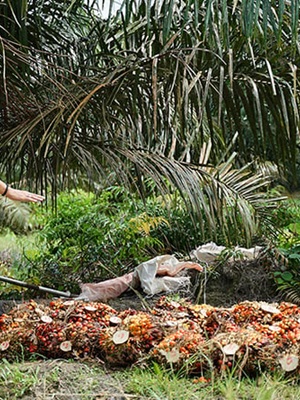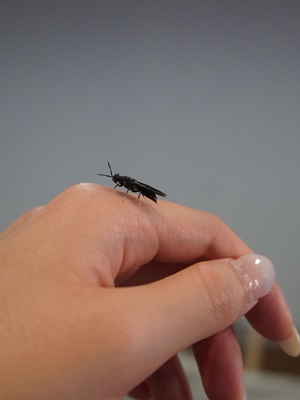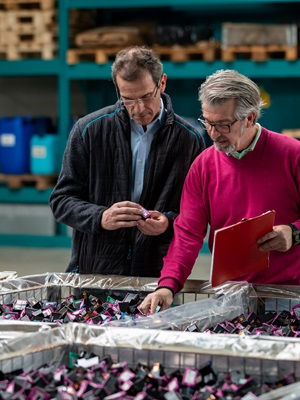In an age of omnipresent unending industrial tempo and anthropocentric want, we teeter on the very brink of ecological collapse. The world—once a great mosaic of diversity, balanced systems, and ancient natural pulses—today trembles beneath the weight of human excess. From rapidly retreating Arctic glaciers to charred, empty Amazon lungs, from swelling oceans brimming with microplastics to air choked with carbon dioxide, the signals of the planet's agony are no longer soft—they scream.
The disaster that faces us is not surprising. It is the product of centuries of unchecked extraction, environmental neglect, and institutional denial. And the truth is simple and brutal: we did this to ourselves. With unrestrained consumption and complacency, we upset the balance that long sustained all forms of life.
As a 12-year-old Bangladeshi schoolgirl—the impacts of climate change assault my nation day in and day out—I am not only observing this reality; I am living it. My nation is flooded with water, but also with tears. Each monsoon showers down more water, each storm more intensity. Children lose schools to river erosion, farmers lose land to salt-affected soil, and families lose homes to an advancing sea that creeps a little bit higher every year.
Although I am young in years, I shall not be powerless. My words are my revolt. My thoughts are seeds of revolution. And this post is my entry for the Voice for Change Award, where entries are not only critiqued for writing ability or relevance of theme, but for creativity and application—the very things that young people like myself overindulge in. I know this effort will be given consideration within a 60-day window, reviewed during 30 days by individuals who enjoy action, and that the notification—if delivered—will not only arrive by email, but as proof that young people are being heard for the very first time.
This is more than a competition to me. This is a calling. Because the climate crisis isn't something future scholars will dispute—it is a mounting calamity for kids today.
And yet, within this overwhelming darkness, I see light. Because even when glaciers melt and forests burn, there is another kind of fire burning in the hearts of young people everywhere—a fire of resistance, of responsibility, and of radical hope. We, the children of the climate crisis, are becoming warriors of the climate revolution.
We are no longer satisfied with consciousness. We demand change. No longer can governments occupy climatic summits as soapboxes upon which to utter hollow promises they will not keep. No longer can companies greenwash their avarice and get away with it. No longer can the powerful act as if the poor and powerless are nothing more than collateral damage in pursuit of profit.
We require fundamental change:
- Solar-powered power grids, not smoke.
- Policies that protect rivers, not corporations.
- Cities designed for people and trees—not traffic and towers.
- Climate education that prepares all students—not elite privilege.
We must stop asking "What will happen if we do something?" and begin to fear "What will happen if we do nothing?" Because the answer is already arriving in storms, droughts, wildfires, and shortages of food. It's arriving in the silence of disappeared birds. It's arriving in the faces of climate refugees—innocent people made homeless by disasters they did not cause.
I don't speak for applause, but for action. Not for attention, but for accountability. Because even though I'm young, I am not without the burden of the future. My generation does not yet hold political office or economic clout—but we have something greater: moral clarity.
We know that real climate justice must be intersectional. It must be rooted in indigenous knowing, prioritize the most vulnerable, and break free from colonial mindsets that see nature as a foe to conquer. We know that sustainability isn't a trend; it's a return to balance, to harmony, to humility.
Our ancestors borrowed the planet, but our kids will inherit it as we depart it. What are we leaving behind? Gardens or ash? Plastics islands or thriving coral? Empty talk or evidence of change?
I believe in action grounded in science, but I also believe in stories—because it is stories that reach hearts. And so, I share my own here, not just as a Bangladeshi, not just as a student, but as a world citizen, as a steward of this hurting planet.
This entry, like all drops in the ocean, is maybe small. But I believe that the Stewardship Commons team, who will be reading these words within their 60-day timeframe, will not merely read sentence structure but soul. Not merely syntax but determination. That they will look on not merely a submission, but a spark.
Because that's what we do—we're the youth. Sparks. And when we come together, sparks become flames. Flames of bravery, of innovation, of a climate world redesigned by those brave enough to care.
So here I am—pen in hand, feet in the floodwaters of South Asia, heart pounding with urgency. This is my Voice for Change. It's loud. It's personal. And it's real.
The world is watching. The moment is now. And my generation is not waiting.
Posted 15/09/2025



